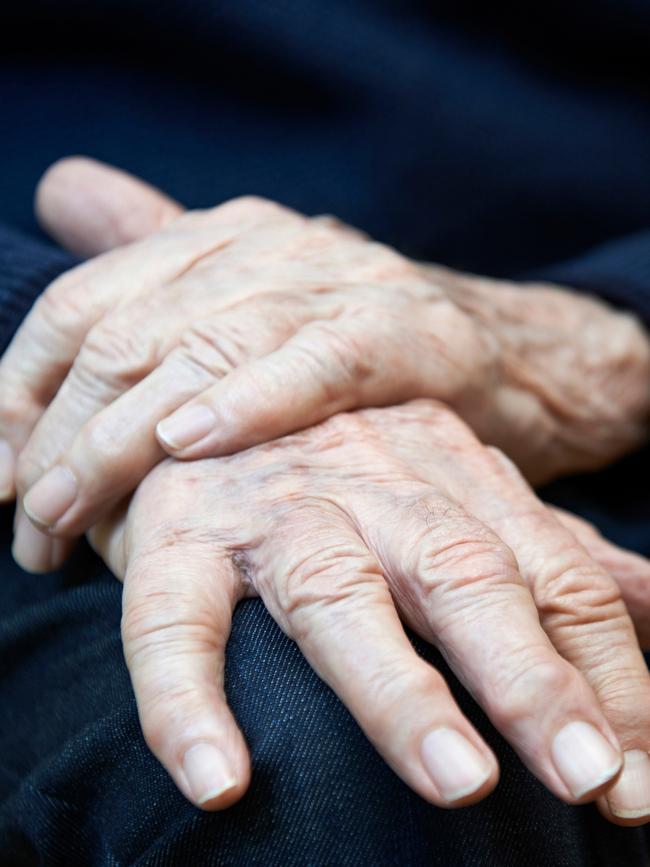Eye test research could help early Parkinson’s disease diagnosis
An eye test being explored by Sydney researchers could unlock the devastating but invisible injuries caused by Parkinson’s disease which reduce its victims to needing nursing home care.
An eye test being explored by Sydney researchers could unlock the devastating but invisible injuries caused by Parkinson’s disease which reduce its victims to needing nursing home care.
The groundbreaking research could also pave the way for early diagnosis of Parkinson’s, which affects about 400,000 Australians.
While researchers have a good idea about what causes the stiffness and tremor created by Parkinson’s, Sydney University researcher Dr James Shine said how Parkinson’s impairs thinking and memory were the disease’s “forgotten” symptoms.
Dr Shine has received a $404,228 federal grant to undertake research into the loss of cognition caused by Parkinson’s — a progressive, degenerative neurological condition that becomes more common with age and affects slightly more men than women.

His research includes determining if a chemical in the body called noradrenaline — a hormone and neurotransmitter — was the culprit.
“We have a really good idea what causes the stiffness and tremors, but we have far less idea about the breakdown of thinking and remembering,” Dr Shine said.
“We think the breakdown of a chemical called noradrenaline is causing the higher-level networks to disintegrate, leading to what we call the forgotten symptoms of Parkinson’s that cause people to end up in nursing homes.
“If it does turn out that noradrenaline is responsible, you can track it indirectly if you look at the pupil.”
MORE FROM LINDA SILMALIS:
INSIDE SYDNEY’S NEW MAXIMUM SECURITY FEMALE JAIL
FEMALE INMATES WANT HAIRDRYERS IN PRISON
The research would focus on the fluctuations of patient’s pupils as they performed complex tasks involving higher brain function, such as planning ahead or joining the dots between intricate patterns.
Should someone be showing the signs of noradrenaline breakdown, it could lead to the earlier diagnosis and treatment of the disease while also paving the way for the future development of new drugs, Dr Shine said.
The federal government hopes the research will help develop world-leading technology to help people with Parkinson’s disease self-manage their disease and therapy requirements.
The project is among National Health and Medical Research Council grants worth more than $526 million.

THE FIVE STAGES OF PARKINSON’S DISEASE
Stage 1
Tremor and other movement symptoms on one side of body only. Changes in posture, walking and facial expressions.
Stage 2
Tremor, rigidity and other movement symptoms affect both sides of the body. Walking problems and poor posture may be apparent. Still able to live alone, but daily tasks more difficult and lengthy.
Stage 3
Loss of balance and slowness of movements are hallmarks. Falls more common. Still fully independent, but symptoms significantly impair activities like dressing and eating.
Stage 4
Symptoms severe and limiting. Possible to stand without assistance, but movement may require a walker. Needs help with daily living and unable to live alone.
Stage 5
Stiffness in legs may make it impossible to stand or walk. Requires wheelchair or bedridden. Around-the-clock nursing care required. May experience hallucinations and delusions, cognitive problems.


